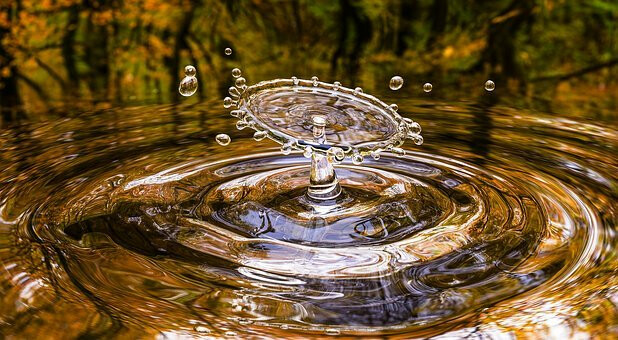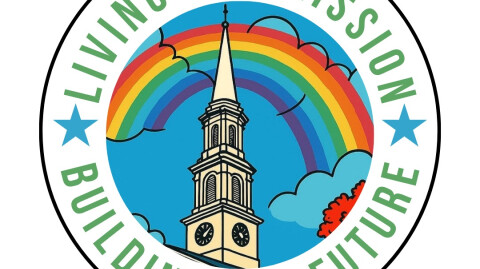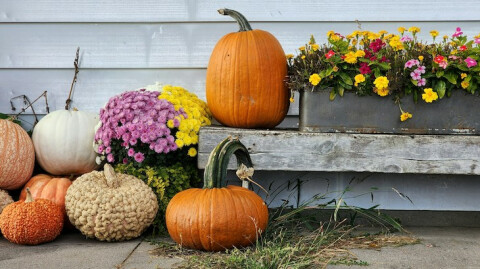My niece was telling me about her dreams to be a writer when I realized how far south we had drifted on Owasco Lake. She was lazily paddle-boarding while I kayaked nearby, ready to be the responsible adult if she ran into trouble. I realized I didn’t recognize our surroundings: “Do lakes have currents?” I wondered. But whether it was a current or the wind, still high after stormy weather two days before, we had been pushed hundreds of meters away from the dock of the house we were renting with our family.
“Eliza, we’re going to have to really paddle to get back home,” I called to her. She looked up and began to propel herself forward in earnest. I kept us moving, encouraging her and pointing out when we could see her dad, my brother, standing on our dock. After a while she got off to wade to him and I towed her paddle-board back in for her. She’s a strong kid, but it was a lot of work just to get back to where we had started.
It was an apt metaphor for family life. My brother proposed this vacation with our families and our parents for the enjoyment of it, but also because our mother has Parkinson’s disease, and is becoming more disabled. She received her diagnosis many years ago, and her symptoms have been well managed. Last summer she and I walked all over Chicago with no difficulty. Now she needs an electric scooter. Was it the current or the wind that was pushing us away from shore? Staying still was no longer an option.
My brother and I are facing what so many grown children face: the aging of our parents. With this new stage of life, I’m facing my own mortality, too. When we’re children, we can’t wait for time to rush forward. We eagerly swim with the current, willing it to get us to the future faster. In young adulthood we often have all the energy we need to swim as long or as hard as needed to get back to shore. Time is no obstacle. But with the aging of my parents, I’m feeling the reality of the truth I often preach: that change and even death are inevitable parts of being human.
These realities bring loss, but they don’t represent failure. Aging is a blessing, the reward of a long life. Our minds and bodies change, and what we need changes. Yet we remain whole and holy humans throughout our lives. The way my mother interacts with and understands the world is changing. One thing that remains constant, like the water itself pushed by the wind, is her sacred human spirit.
Sometimes that spirit asserts itself. My mom doesn’t always make the choices about her care that I think I would make, if I were her. The best thing my brother and I can do as her children is to continue to love her, and be honest with her, and trust her to be a partner in her own care. I think this is what she did for me when I was young. At our best, this is what we do throughout our lives for those we love.
My hopes for my mother—and for myself, at every stage of life—is that she has what she needs to be her best self. For her, that’s opportunities to be outside, see her friends from church, and eat good food. Physician and writer Atul Gawande says that the goal of aging is not a good death, but a good life until the end. A good life is one where we have as much agency as possible, in loving relationships with family and caregivers, even when we are sick or disabled. A good life is not necessarily the longest life or the safest life, but it might be one where we experience the most selfhood and loving respect at every age.
If my niece and I had perceived the strength of the current (or was it the wind?) before we set out, would we have paddled so far from shore? If we had stayed close, we wouldn’t have seen the changing reflection of the clouds on the middle of the lake. She wouldn’t have jumped off her paddle-board to swim and been startled by the cold shock of water. We might not have talked about writing. Even on shore, we would not really have been standing still in the currents of time, the whirlwind of earth spinning in space. There is no standing still; there is only being human on the journey together.
In faith,
Rev. Sarah Stewart





